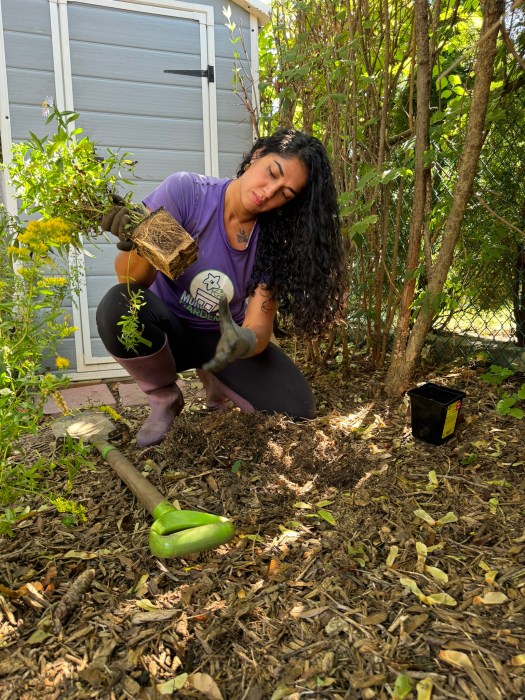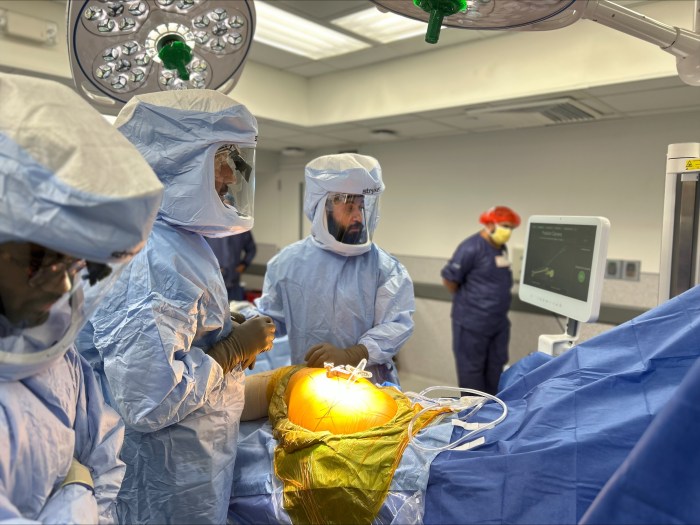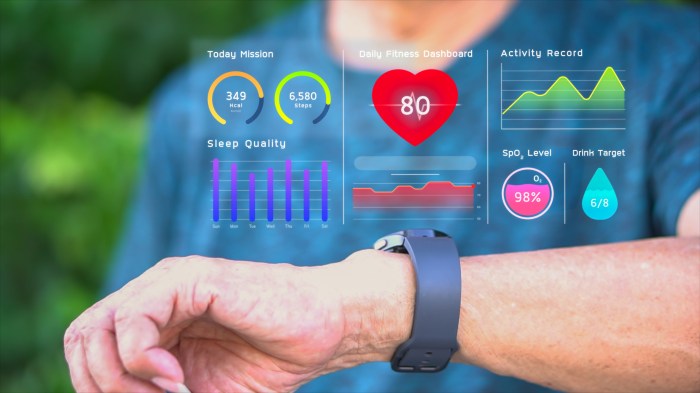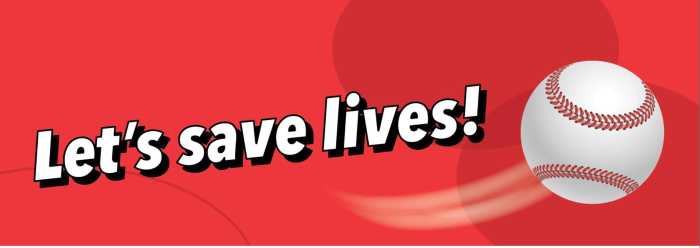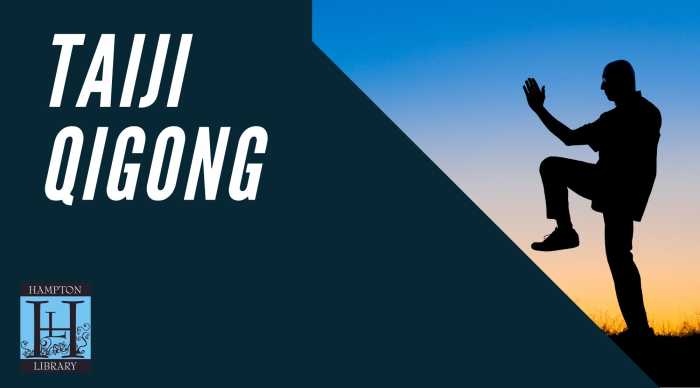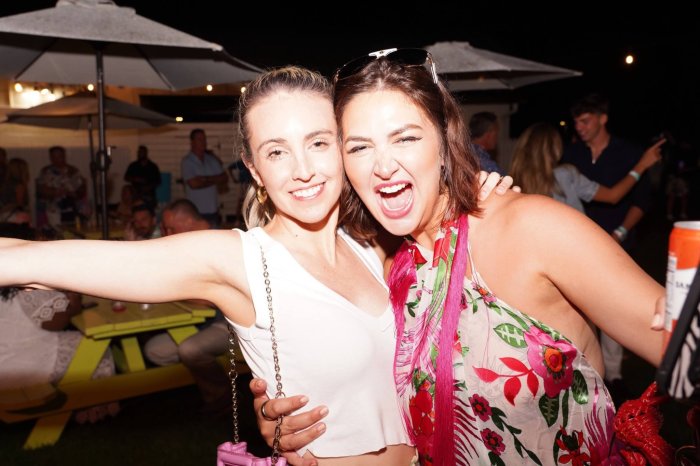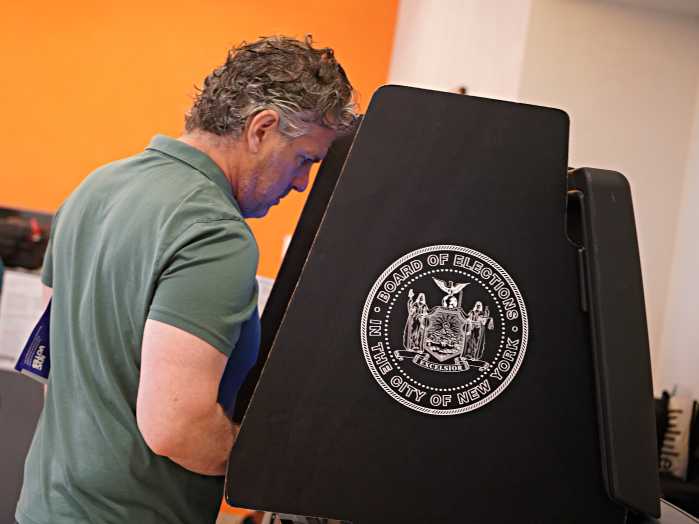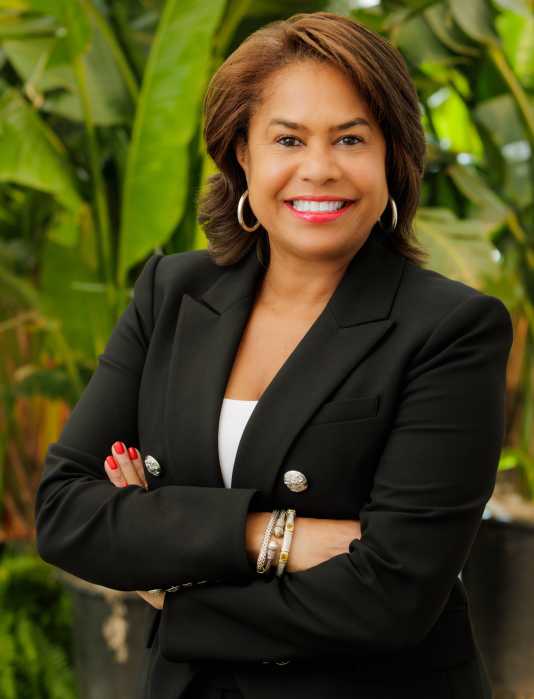 This one really brings out the animal in us.
This one really brings out the animal in us.
A new book, Unlikely Friendships debuted this June and delves into the most unusual relationships between animals. It comes as a collection of stories that narrate friendships formed between polar opposites in the animal world–and one thing’s for sure, it puts the connection between you and your lapdog to shame.
From bears befriending tigers to dogs befriending squirrels, Jennifer Holland documents every unlikely friendship in her new book, a book she says will really make readers smile.
“It’s a difficult time in the world, there’s so much bad news all the time and it just seems that these types of stories offer a reprieve to people,” explains the author. “Just a time to feel a little bit of hope and enjoy positive stories and positive outcomes and it seemed like the right time to put out a collection of stories like this.”
Unlikely Friendships was penned by the Maryland native who’s currently a senior writer for National Geographic Magazine. This was the first book for the self-declared animal lover, who owns two dogs, 30 geckos and 30 snakes.
Throughout the book, Holland not only shares the smile-worthy stories of animal friendships but also explores the misconception that animal’s emotions are nothing like a human’s.
“I think people who have a lot of pets and are animal lovers, are easily convinced that animals have emotion, but I think that for a long time people, especially the scientific community, wouldn’t apply any kind of human traits to animals,” she said. “I think that it has taken a lot of time for people to really come around to accepting that there’s more going on there than we might have thought, that they’re not just robotic creatures.”
Holland begins the collection with an account of her husband, describing his best friend as a big, brown furry raccoon and goes on to share forty-seven unbelievable stories of similarly shocking friendships that are inspirational and prove that friendship can break down any walls.
Each story is a two to three page account of the most extraordinary friends from around the world. Holland says she used her experience and background to infuse science into each story and give a real sense of what we do and don’t know about animal emotion and animal behavior.
One of the most captivating stories is of a relationship between a domestic cat and a black bear. This short narrative tells about a friendship lasting over a decade, and one that has been through ups and downs; the two animals were once unwillingly separated and both became very troubled by it.
“Animal behavior is a fascinating thing to study, biologists are always looking for evolutionary explanations as to why animals do certain things. When you see encounters like this or pairings like this, they don’t always have that explanation,” said Holland. ” It shows that we share so much in common with animals in terms of ability to have emotion and have empathy. There’s a need for companionship and need to be soothed in times of fear and this book really gives us a different perspective of how animals experience the world.”

Some of the miraculous accounts in Unlikely Friends involve humans. One of the most unusual stories is of the budding friendship between a scuba diver and a manta ray; it is a touching account of the power of nature.
Holland says her favorite story is one in which a cheetah befriends a shepherd.
“I have a special attachment to the cheetahs and shepherds. There’s an interesting conservation story with that. Cheetahs in Namibia, Africa, farmers sometimes shoot the cheetahs because they take livestock and they found that using these dogs to chase the cheetahs away can protect the livestock,” explained Holland. “But here in zoos, they found that the same dogs are wonderful companions to cheetahs and help them keep calm in captivity. They grow up with them and take care of them.”
Unlikely Friends instills such a positive message of the strength of a living creature’s spirit and at the same time encourages the dissipation of racial and cultural walls that still exist in today’s society.





